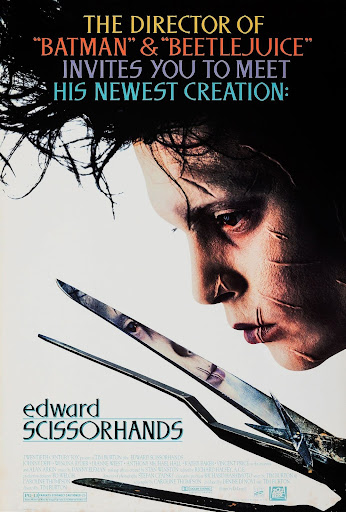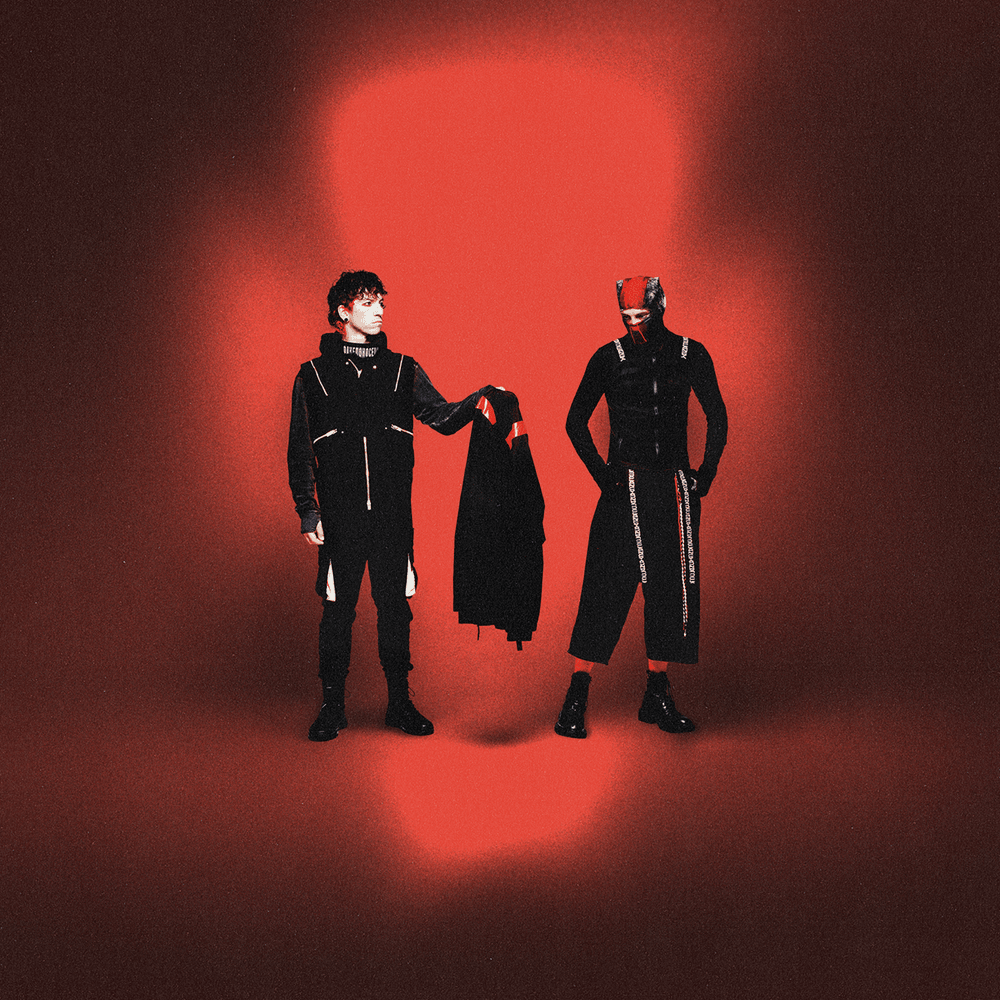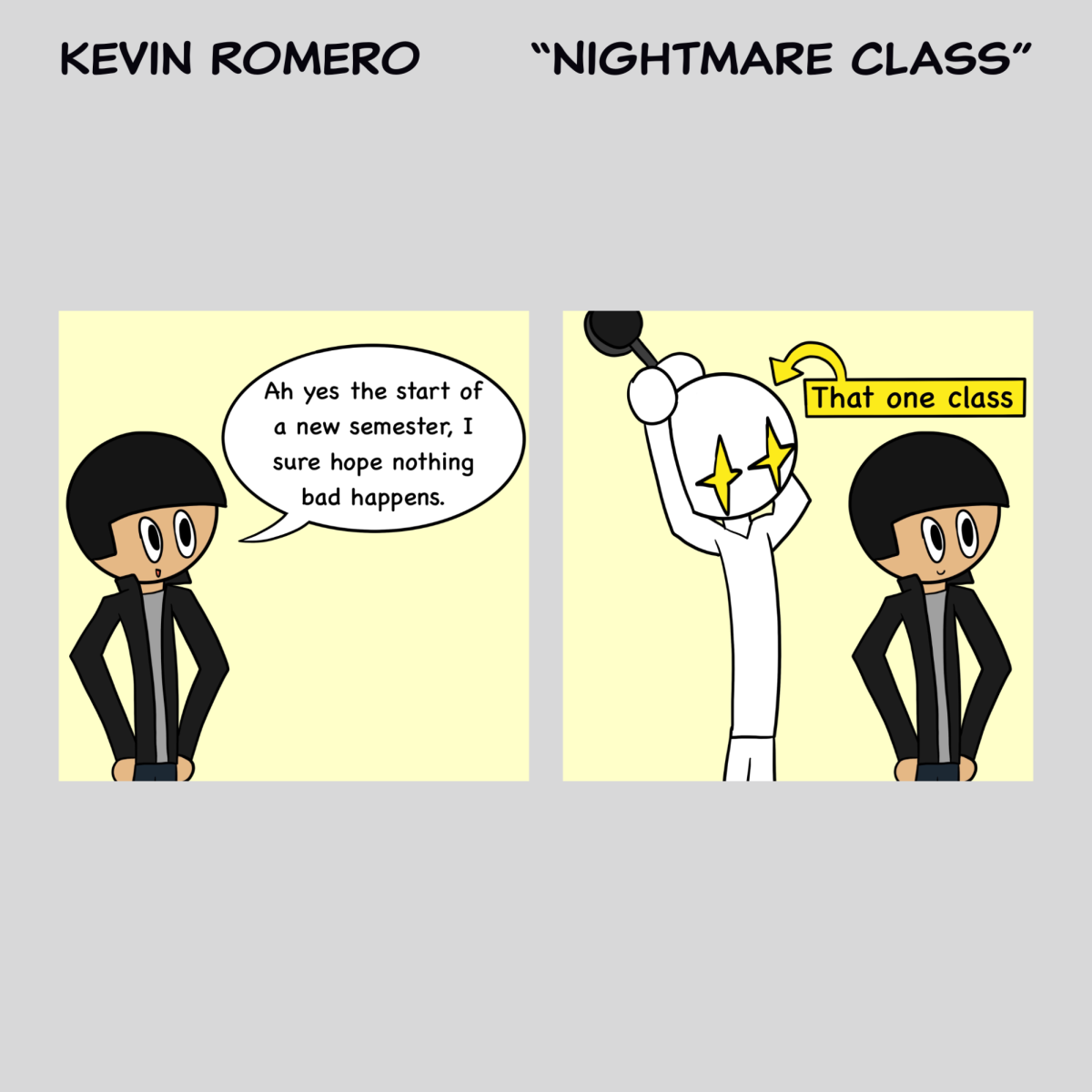
Edward Scissorhands is a cult classic, starring Johnny Depp as Edward and Winona Ryder as his love interest, Kim. While the film has been widely interpreted for its themes of social isolation and feeling like an outsider, especially for individuals with autism or physical disabilities, I’ve always viewed it as a larger allegory for mental health.
From the moment Edward arrives in town, he is immediately ostracized by the townspeople, who fear him based solely on his appearance. His scissorhands evoke suspicion and fear, reflecting how individuals with mental health conditions are often judged prematurely based on visible signs of their condition—whether it’s through behavior, appearance, or societal misunderstandings about their mental state.
Edward’s difference is instantly perceived as a threat, much like how people struggling with mental health are often viewed with suspicion or even fear due to societal misconceptions about their condition.
Edward also displays periods of selective mutism, a condition frequently associated with anxiety disorders. He struggles to verbally express himself, highlighting the frustration and isolation that individuals with mental health conditions often experience when they cannot articulate their thoughts or feelings. As someone who has experienced selective mutism, I know this silence is often misinterpreted as an oddity, further alienating the individual. Similarly, people with mental health issues are often misread as detached, disinterested, or non-conforming when, in reality, they are simply struggling to cope.
Despite these barriers, Edward tries his best to integrate into the community. He grooms pets, trims bushes, and cuts his neighbors’ hair in an attempt to fit in. However, even when Edward tries to conform to societal norms, like wearing suspenders, his scissorhands—representing the uncontrollable aspects of mental illness—cut through them.
This is a potent symbol of how societal structures are often not built to accommodate individuals with mental health challenges. Even when someone with mental illness tries their hardest to “fit in,” there are obstacles beyond their control that prevent them from fully integrating into society, leading to feelings of failure and inadequacy.
Edward’s scissorhands inevitably cause problems, just as the symptoms of mental illness can interfere with daily life. He unintentionally injures others, often when startled, much like how individuals with mental health conditions might inadvertently hurt relationships or create misunderstandings when they are overwhelmed or triggered. These incidents are often misinterpreted, leading to further ostracism.
In Edward’s case, the townsfolk’s growing fear culminates in a witch hunt against him, symbolizing how society often scapegoats and ostracizes those who are different, particularly when it fails to understand the complexities of mental illness.
Society’s failure to embrace those with mental health challenges often forces them into isolation, either emotionally or physically. The townsfolk’s fear of Edward represents the stigma surrounding mental illness, which can prevent individuals from receiving the care and empathy they need.
Edward’s difficulty using common tools, such as a fork at the dinner table, is a perfect metaphor for how individuals with mental health challenges often struggle with tasks that society expects them to handle easily.
These small inaccessibilities compound feelings of inadequacy and frustration, as people with mental health issues often find themselves navigating a world that wasn’t designed for them, demonstrating how these daily struggles contribute to a larger sense of alienation.
In the end, Edward retreats to his mansion, leaving society behind to find peace. His isolation is not a choice but a necessity for survival. This is symbolic of how many individuals with mental illness are pushed to the margins when society fails to accommodate or understand them.
In his solitude, Edward continues to create—his hand-crafted gardens and ice sculptures serve as a reminder of the beauty and creativity that society loses when it rejects those who are different. It’s a powerful message that emphasizes the importance of empathy and the need to embrace, rather than fear, mental health challenges.
Ultimately, Edward Scissorhands is a poignant allegory for mental health and the societal response to those who struggle with it. Like Edward, individuals with mental health issues are often misjudged and misunderstood, and without proper support, they can be driven into isolation or worse.
I don’t know about you, but this film reminds us how critical it is to reduce stigma about mental illness and ensure that mental health resources are readily available to all who need them, especially with the recent news of Liam Payne’s unfortunate passing. Those with mental illness need support, resources, and care – not the critique of the entire world on their shoulders.







